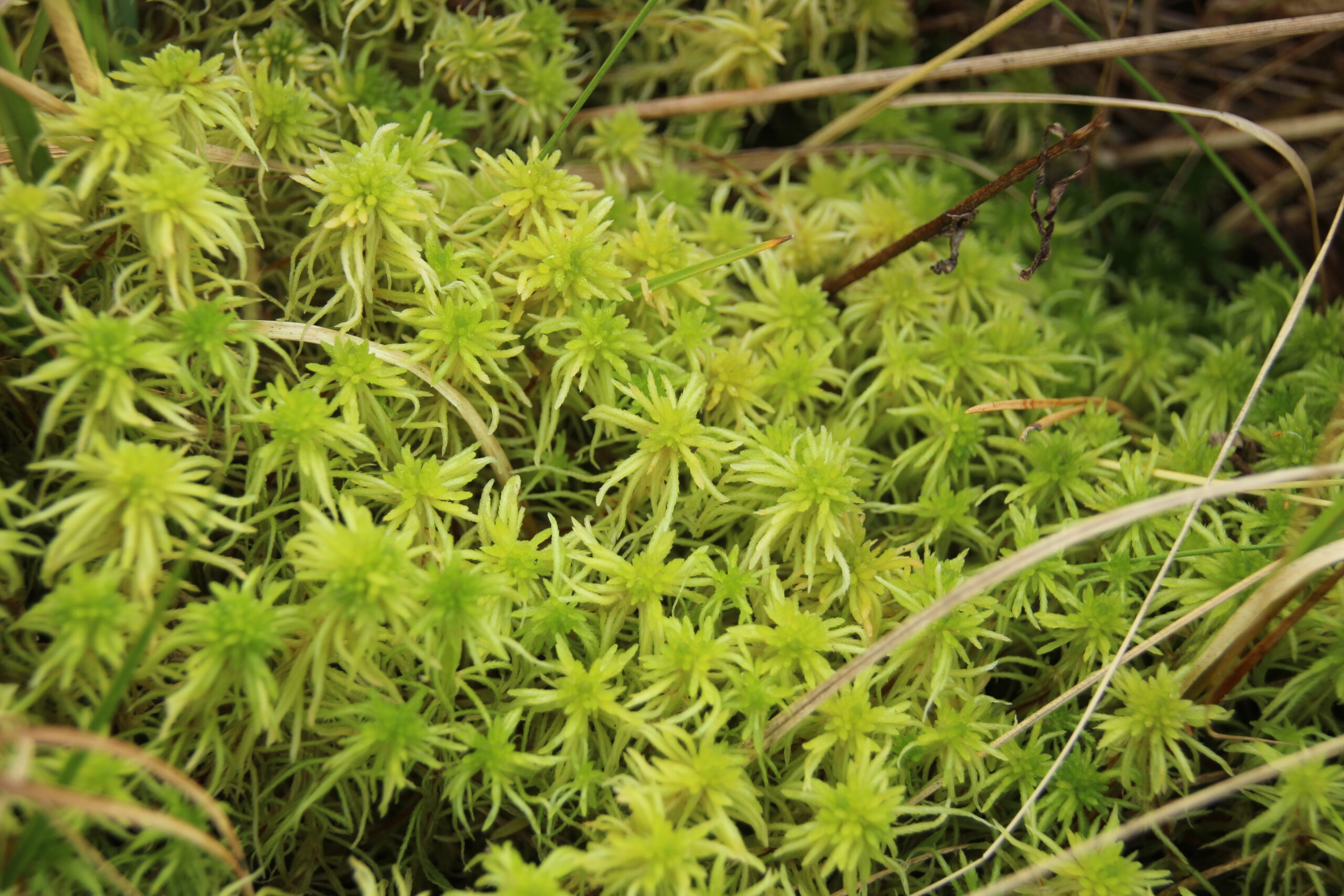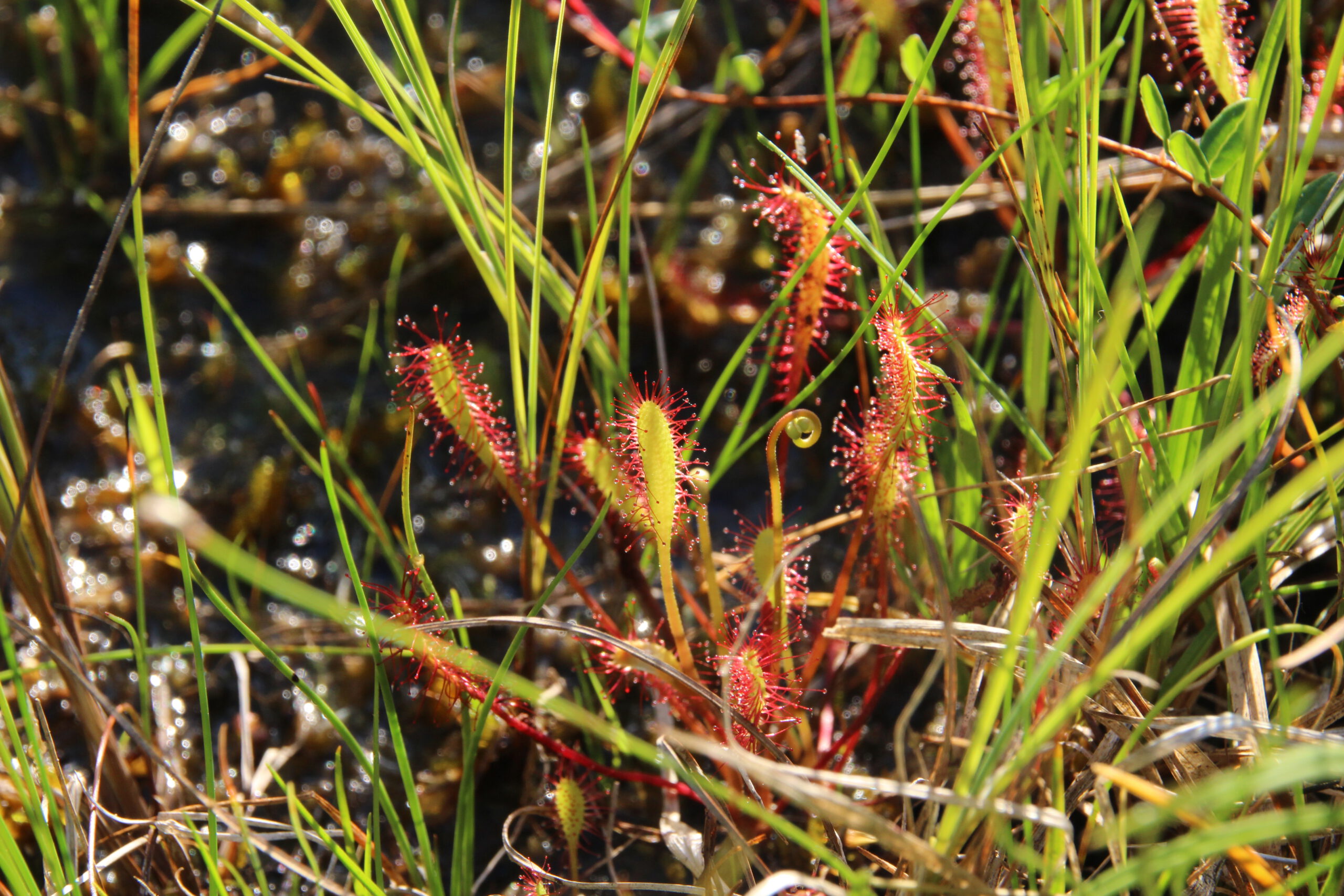
Peatlands and Rewetting
Large amounts of carbon are stored in peatlands over long periods of time, as dead plant remains are not decomposed but converted into peat.
In Germany, however, the major part of peatland soils are drained because they are used for agriculture or peat extraction. Contact with the air results in the rapid release of the carbon sequestered as CO2. In 2020, these emissions caused around 7.5 per cent of total national greenhouse gas emissions. However, drainage also has other consequences. From effects on the regulating water balance – after all, peatlands store a lot of water – to the destruction of the habitat and the necessary conditions for animal and plant species that specialise in these ecosystems.
Many of the still unutilised peatlands are in a poor condition. Protecting them therefore is essential. In addition, rewetting contributes to the reduction of greenhouse gas emissions by raising water levels.
Services:
